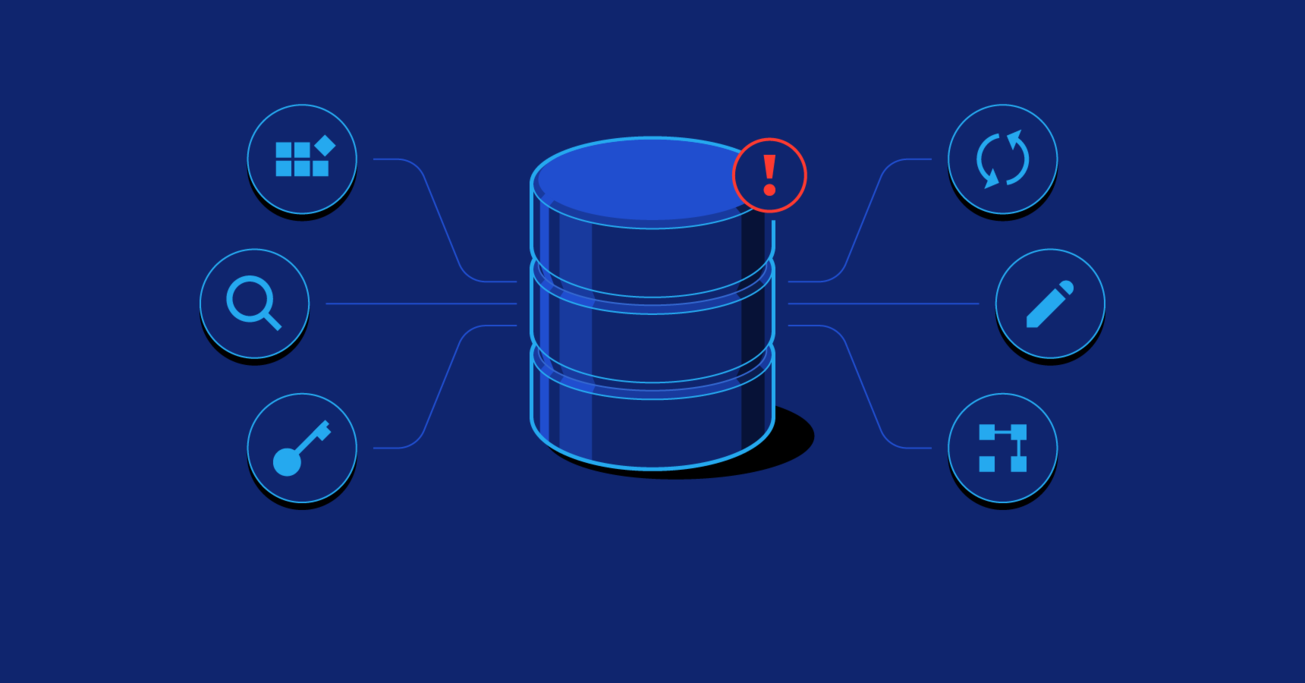Database Choices for Full-Stack Apps: MySQL vs PostgreSQL vs MongoDB
 Moulitharan C
Moulitharan C
Introduction
Choosing the right database is one of the most critical decisions when developing a full-stack application. The database you select affects performance, scalability, and maintainability. Among the most popular choices for full-stack developers are MySQL, PostgreSQL, and MongoDB.
Each of these databases has its own strengths and use cases, making it important to understand their differences before deciding which one fits best for your project. In this blog, we will compare MySQL, PostgreSQL, and MongoDB based on key factors such as scalability, performance, and use cases.
1. Understanding MySQL, PostgreSQL, and MongoDB
MySQL
MySQL is one of the most widely used relational databases (SQL-based). It follows a structured schema with predefined tables and relationships. MySQL is known for its reliability and speed, making it a popular choice for web applications, CMS platforms, and e-commerce websites.
PostgreSQL
PostgreSQL is another relational database but with more advanced features than MySQL. It is known for strong data integrity, extensibility, and support for complex queries. PostgreSQL is widely used in applications that require high data accuracy and complex transactions, such as financial systems and analytics platforms.
MongoDB
MongoDB is a NoSQL database that stores data in a flexible, JSON-like document format. Unlike relational databases, MongoDB does not enforce a fixed schema, making it ideal for applications that handle large amounts of unstructured or semi-structured data, such as real-time analytics, IoT applications, and social media platforms.
2. Key Differences Between MySQL, PostgreSQL, and MongoDB
| Feature | MySQL | PostgreSQL | MongoDB |
| Type | Relational (SQL) | Relational (SQL) | NoSQL (Document-based) |
| Schema | Fixed schema | Fixed schema | Schema-less |
| Scalability | Vertical scaling | Vertical & Horizontal scaling | Horizontal scaling |
| Performance | Fast for simple queries | Handles complex queries efficiently | Great for high-volume data |
| Use Case | Web apps, CMS | Data-heavy apps, analytics | Big data, real-time apps |
3. When to Choose Which?
✅ Choose MySQL if:
You need a structured, reliable relational database.
You are building a standard web application, e-commerce, or CMS.
You prefer ease of setup with good community support.
✅ Choose PostgreSQL if:
You require complex queries, data integrity, and high performance.
Your application involves large-scale analytics, financial transactions, or scientific data.
You need JSON support along with SQL capabilities.
✅ Choose MongoDB if:
Your application handles unstructured or semi-structured data.
You require fast reads/writes and horizontal scalability.
You are working on real-time applications, IoT, or social media platforms.
4. Which One is Best for Full-Stack Development?
Your choice of database depends on your tech stack and project requirements:
If you are using Spring Boot + React, then MySQL or PostgreSQL is a great option since both are SQL-based and integrate well.
If you are using MERN Stack (MongoDB + Express + React + Node.js), then MongoDB is the preferred choice because of its flexible JSON-based data structure.
If you expect high transactional accuracy, go with PostgreSQL.
If you need fast performance with structured data, MySQL is a solid pick.
Conclusion
There is no universal best database—it all depends on your application's needs. MySQL is great for structured, traditional applications, PostgreSQL excels in complex queries and high data integrity, and MongoDB is perfect for flexible, high-speed data handling.
Before deciding, evaluate your application's data structure, scalability needs, and performance requirements. If you are working on a full-stack project, pick a database that best aligns with your tech stack.
Which database do you prefer for your full-stack applications? Let me know in the comments below! 🚀
Subscribe to my newsletter
Read articles from Moulitharan C directly inside your inbox. Subscribe to the newsletter, and don't miss out.
Written by
